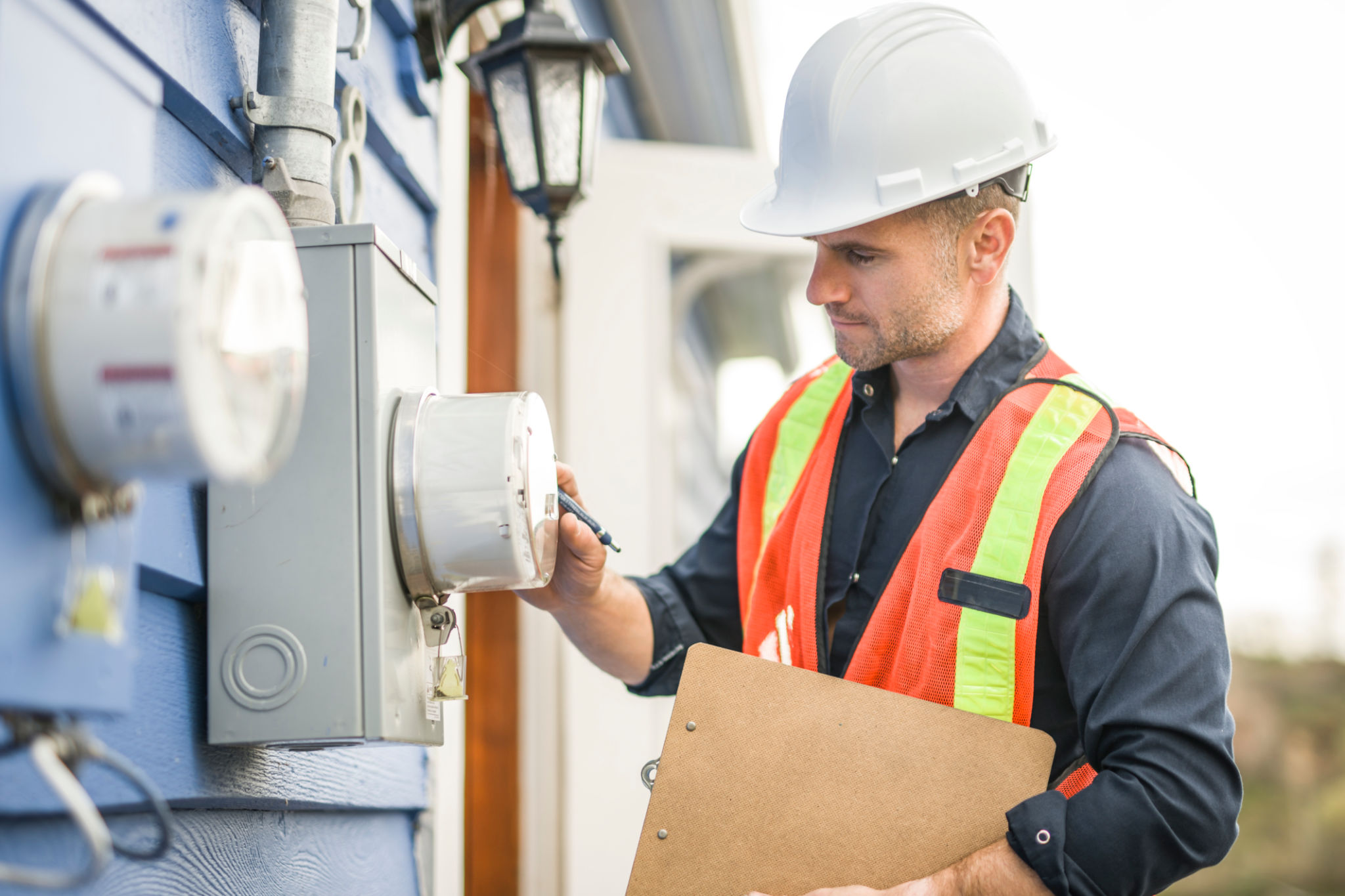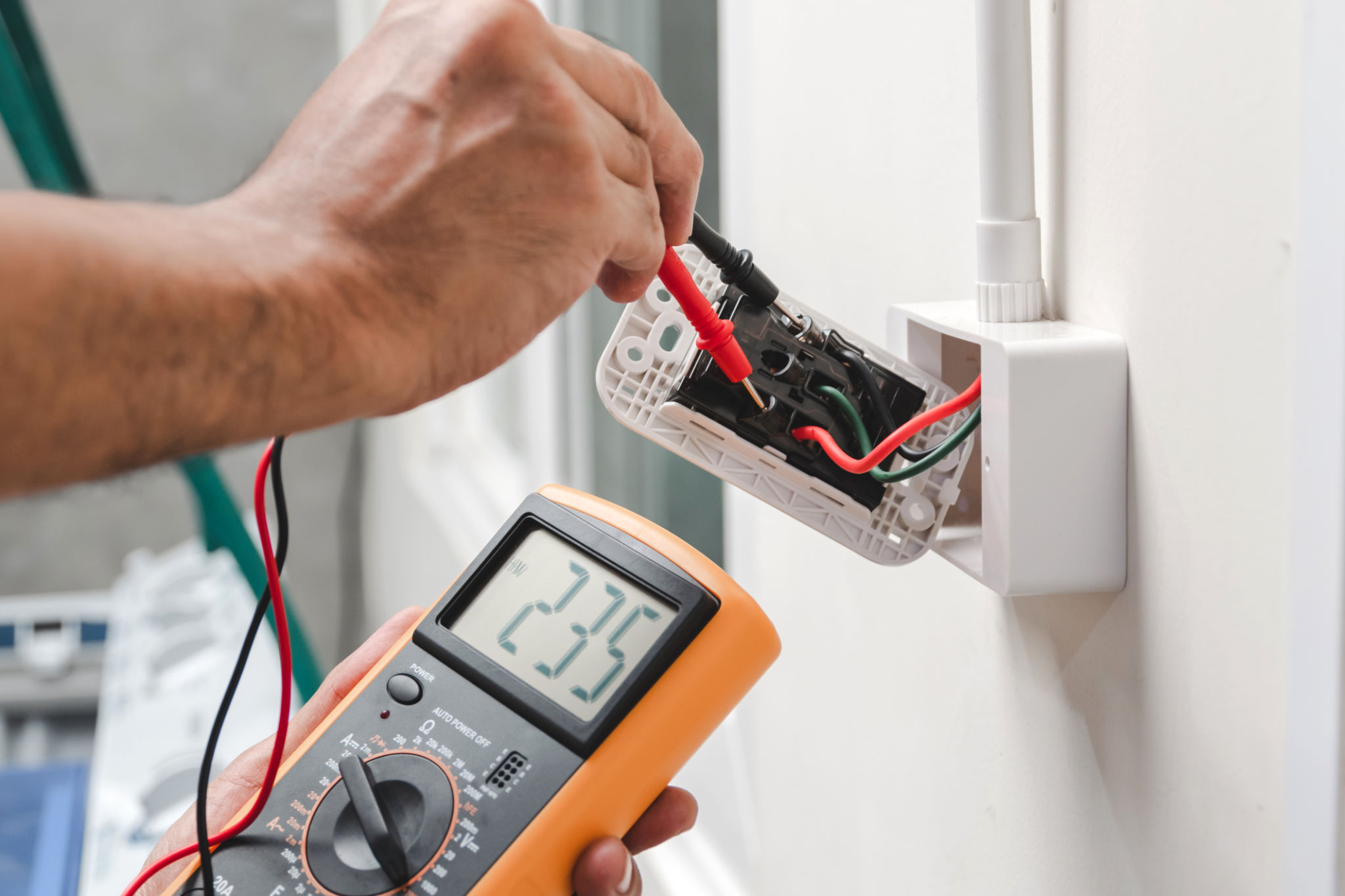Expert Insights: Common Misconceptions About Electrical Testing
fp
Understanding the Basics of Electrical Testing
Electrical testing is a critical aspect of maintaining safety and efficiency in both residential and commercial settings. However, many misconceptions surround this practice, leading to confusion and sometimes unsafe practices. Understanding the fundamentals can help dispel these myths and promote better safety measures.
One common misunderstanding is that electrical testing is only necessary for new installations. In reality, regular testing is essential for all electrical systems to ensure they continue to operate safely and efficiently. Routine inspections can identify potential hazards before they become serious issues.

Misconception: Electrical Testing is Only for Large Facilities
Another prevalent myth is that electrical testing is only relevant for large industrial or commercial facilities. While it's true that these environments require stringent testing due to their complexity, residential properties also benefit significantly from regular electrical inspections. Homeowners can prevent electrical fires, reduce energy costs, and extend the lifespan of their appliances through routine checks.
In small businesses and homes, testing ensures compliance with safety standards and regulations. It also provides peace of mind, knowing that the electrical systems are functioning correctly. Therefore, whether it's a sprawling factory or a modest household, electrical testing is a vital component of property maintenance.

The Role of Professional Insight in Electrical Testing
Some people believe that electrical testing can be a DIY task. While there are some basic checks homeowners can perform, such as resetting circuit breakers or replacing fuses, comprehensive electrical testing should always be conducted by trained professionals. They have the expertise to identify issues that may not be visible to the untrained eye.
Professional testers use specialized equipment to measure various parameters such as resistance, insulation integrity, and circuit continuity. These tests are crucial for identifying hidden faults that could lead to significant safety hazards if left unaddressed.

Myth: Electrical Testing is Too Expensive
Cost is often cited as a barrier to regular electrical testing, but this is a misconception that can be costly in the long run. The expense of routine testing is minimal compared to the potential costs of addressing major electrical failures or fire damage. Investing in regular inspections can save property owners from significant financial burdens down the line.
Moreover, many insurance companies offer incentives or discounts for properties that adhere to regular electrical safety checks, further emphasizing the importance and value of these practices.
The Importance of Keeping Up With Technological Advances
Lastly, some believe that once an electrical system is installed, it doesn't need updating or retesting unless there's a problem. However, as technology evolves, so do the standards and best practices for electrical safety. Staying informed about the latest advancements ensures that systems remain efficient and safe.
Regular updates and testing can also accommodate new technologies, such as smart home devices, which often require specific electrical configurations to operate effectively.
In conclusion, understanding and addressing these common misconceptions about electrical testing helps promote a safer environment for everyone. Regular professional inspections not only ensure safety but also enhance the efficiency and longevity of electrical systems across various settings.